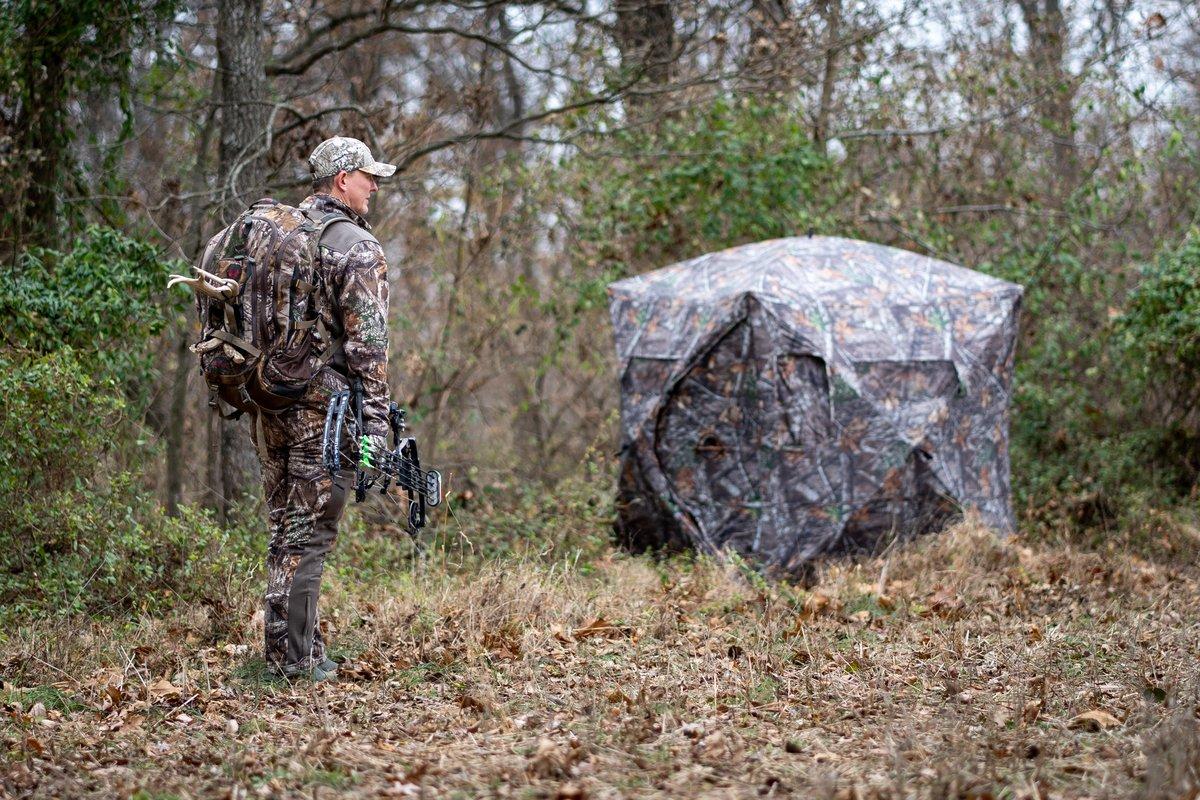It's easy to second-guess your strategy when you haven't filled a tag
Every year, scores of new studies about whitetails provide hunters with fresh data about deer behavior, which hunters often use to choose their tactics. But no matter how much we learn, hunting will never be an exact science. Whitetail deer are wild animals, and they behave accordingly to survive and thrive. Sometimes, there just doesn't seem to be any rhyme or reason for particular deer movements. And as much as we hate to admit it, luck is absolutely a factor in success. If we attempt to distill hunting purely into a science by relying solely on data, we're going to overcomplicate things. Here are a few ways to resist information overload.
Question Conventional Wisdom
Some hunters base their strategy on the assumptions of others. Many, for example, assume windy days are no good for hunting. They believe that deer move less and stay close to cover on such days — so many of them stay home. Deer maybe be extra alert when it's windy, but because gusty winds can hinder a deer's ability to detect the sounds and movement of predators, they're often forced into the open. On windy days, you might notice deer hitting ag fields earlier in the afternoon than usual. They might even bed down with the wind at their backs on the edge of staging areas or transition zones. So make sure you're in the right spot when they do, and even use the cover of the wind to your advantage.
Resist Paralysis by Analysis
A good hunter uses all available information to make decisions. This might include trail-camera intel, aerial maps, research, past experiences and instinct. But sometimes we get overwhelmed by that information. Paralysis by analysis means you're either unable to make a decision or, once you've made it, you change your mind or keep considering the problem. You might be tempted to ignore your gut for a more complex solution. Take, for example, the process of identifying the best stand for the conditions. Some hunters occasionally select one location, then second-guess themselves and relocate, only to later discover their gut was right the first time. It's not unlike taking a multiple-choice exam, wherein your first choice is usually the correct one. So remember, unless you have fresh intel, listen to your instincts.
Don't Miss: Use Data to Choose Your Best Deer Hunting Treestand Location
Don't Give Deer Too Much Credit
Don't be tempted to believe deer are smarter than they actually are. True, whitetails have a certain intelligence. But say you watched a buck all summer. He hit the same bean field every day until the season began — and then he vanished. I have heard countless theories about why this happens, one of which is that the buck knew hunting season had opened. But that buck didn't have opening day circled on his calendar. More than likely, your neighbor procrastinated in hanging his stands until the day before, and spooked him. Or maybe the buck simply transitioned to a different food source. Whatever the cause, don't be tempted to believe a buck outsmarted you when, in reality, it was a human mistake that caused his behavior. Whitetails have incredible instincts, which is why they're so adaptable and challenging to hunt.
Don't Mistake Gear for Skill
Old timers hunted without the gadgetry and technological advancements that we enjoy today. They didn't have hunting apps, satellite maps and trail cameras at their disposal. What they did have, though, was woodsmanship, grit and know-how. They were proficient with the equipment they had, and hunting was simple.
So trust yourself and rely on your instincts, like our forefathers did. After all, our ancestors relied heavily on their primal instincts to forge new frontiers and push the boundaries. They didn't have the time or the luxury to overcomplicate hunting, but they managed just fine.
Don't Miss: 10 Best Deer Hunting Apps for 2019
Check out more stories, videos and educational how-to's on deer hunting.








